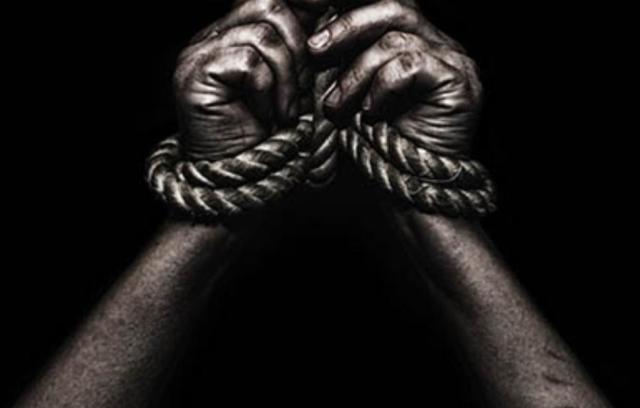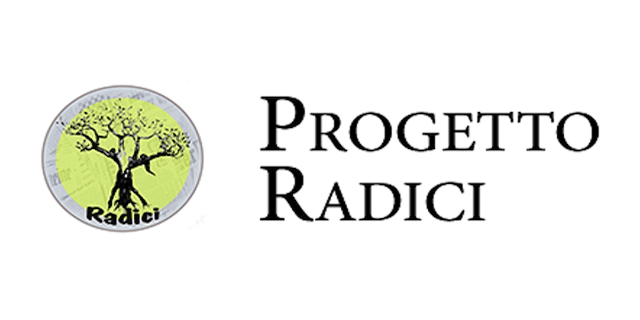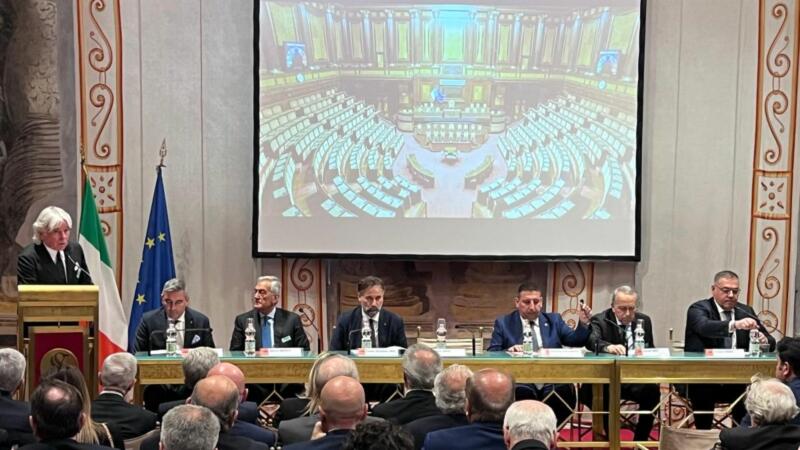Against Torture

Sawsen Mabrouk
The crime of torture is incompatible with justice and is punishable by law. International law has defined torture through the United Nations Convention Against Torture and Other Cruel, Inhuman or Degrading Treatment or Punishment of 1987 in its first chapter, which states: “Torture means any act that results in pain or torture. Severe, whether physical or mental, intentionally inflicting on a person with the intention of obtaining from this person or a second person information or a confession, or punishing him for an act he or a second person is suspected of committing or intimidating or forcing him or any other person or when Such pain or suffering is inflicted for any reason based on discrimination of any kind, or incites, approves, or is silent by an official or any person acting in his official capacity. This does not include pain or suffering arising only from legal penalties or inherent in these penalties or which An accidental result of it ».
In addition, Chapter Five of the Universal Declaration of Human Rights and Chapter Seven of the International Covenant on Civil and Political Rights, as well as Chapter Eight of the Arab Charter on Human Rights, as well as several protocols have all dealt with this issue and agreed to prevent torture and other forms of ill-treatment.
The prohibition of torture and abuse is an essential component added to another branch of international law, namely international criminal law, which on its part has considered torture to constitute an international crime, and the persons involved in carrying out this crime, including those who gave orders to others to torture or abuse, or assist in Such actions bear personal criminal responsibility for that, and this responsibility is added to the responsibility of the state in whose name these persons work, and it is a separate and independent responsibility in itself.
The United Nations approved a World Day Against Torture, which corresponds to June 26 of each year, and considered it a global occasion to revive the tragedy of torture victims around the world, and this day allows support for torture victims to reaffirm that it is not possible to accept or allow torture and other forms of treatment or Cruel, inhuman or degrading punishment and it is a day on which the international community renews its commitment to condemn such acts and seek redress for victims of torture and their families, and most importantly, this is an appropriate day for governments to question whether they are making sufficient efforts to prevent acts of torture and to assist their victims and to punish the perpetrators and to ensure that Not to repeat these actions, as well as reminding them that it is a crime that does not lapse by prescription.
The International Criminal Court is the first permanent and general international court, and it differs from the International Court of Justice, and it has jurisdiction to prosecute people on their own for war crimes, crimes against humanity, or crimes of human genocide and the crime of aggression. The court was established in 2002 and its emergence is considered a new chapter in the history of international criminal justice. Despite its importance at the international level, it does not fall within the United Nations system, and the jurisdiction of its intervention is limited to the countries that ratify it. It cannot rule on crimes committed before 2002, i.e. the crimes committed before its establishment.
In view of the growth of this crime in the world, especially in Arab societies, we raise the following legal question: How did the Tunisian legislature respond to this crime and what are the legal mechanisms that it adopted?
The crime of torture is one of the crimes that has grave and catastrophic effects on the victim on the one hand, on his family and relatives on the other hand, and on society as a whole on the third side. It is also a crime that is inconsistent with the fundamentalist principles of the provisions of the Tunisian law that prohibits it and absolutely prohibits it, especially after the revolution, as it does not accept any Justifications or any exceptions, even in the event of war or emergency, especially since Tunisia has ratified all international treaties and agreements related to the prevention of torture.
The Tunisian law’s response to this crime is evident in what was stated in Article 23 of the new Tunisian constitution, which explicitly states the following: “The state protects the dignity of the human person and the inviolability of the body, and prohibits moral and material torture, and the crime of torture is not forfeited by statute of limitations.” It is the separation of cutting the way on the ruling systems to repeat the tyrannical practices of the previous regime, as they cannot separate from criminal and civil liability under the pretext of extinguishing the penalty by prescription or with the passage of time.
In compliance with its international obligations, Decree No. 106 of 2011 dated October 22, 2011 was issued which revised Article 101 bis of the Criminal Code to expand the list of persons who are included in the punishment when committing the crime of torture to include, in addition to its co-perpetrator, and every employee who orders torture and approves it and is silent about the crime with his knowledge of it.
The Tunisian Penal Code devotes an entire section to torture under the title “In Exceeding the Limits of Authority and Not Carrying out Public Office Duties,” as it affirmed in Chapters 101 to 105 and in separate chapters that torture is a crime punishable by law, and the punishment ranges from five years in prison to life imprisonment. .
Article 101 bis, in its first paragraph, explicitly states the following: “A public servant or his likeness who submits a person to torture shall be punished with imprisonment for eight years, if he starts his job or as a result of his assumption of it.
The crime of torture is considered a crime of assault on physical integrity, because the perpetrator is a public official, and he commits this crime in the name of the authority and for its account, and therefore the criminal and civil lawsuit arising from it is not extinguished with the lapse of time.
The stipulated crime of torture and the punishment for its perpetrators consist of two basic pillars, the first physical and the second moral:
As for the material element, it requires the fulfillment of a set of four legal conditions for the crime of torture, namely:
First: The necessity for the perpetrator to be a public official working in the name and account of the authority, just as the victim must be accused.
Second: The criminal act, which is represented in two forms: the first: a copy of the order to torture, in which the perpetrator (public official) or someone else is orderedOf individuals torturing the accused to induce him to confess “such as if the head of the center orders one of his assistants to extract the confession from those accused therein under pain of physical or psychological torture, and the second is a picture that is the practice of torture by the public official himself and by an independent will by torturing the accused to induce him to confess, and criminal behavior if he committed The culprit for any of the previous two images.
Third: The criminal outcome: The criminal consequence of the crime of torture is the infringement of the right to the integrity of the body of the accused or one of his material or moral relatives, or the violation of the right to life, as the case may be.
Fourth: The necessity of a causal relationship between the criminal act and the criminal outcome.
As for the moral element: it is the second pillar of the crime of torture, and the crime and then criminal responsibility does not occur without it, and the crime of torture is one of the intentional crimes in which the moral element takes two forms.
First: The general criminal intent: which is the deviation of the perpetrator’s will to violating the right to the integrity of the victim’s body while he is aware of this.
Second: The special criminal intent: which is for the perpetrator to have committed the crime of torture driven by a special mission, or with the intent to achieve a specific result, and this aim is to compel the accused to confess under pain of psychological or physical torture, that is, to extract a confession by force and violence despite his knowledge that the law criminalizes and prohibits such Practices.
What must be pointed out in this context is that if the two basic elements, the material and the moral, referred to above are provided, the prosecution procedures are considered invalid in the predicate offense, given that the confession or confession was extracted under torture. Moreover, the Tunisian Penal Code authorizes the victim to file an independent case against his torturer before an agency. The Republic, which directly authorizes the opening of an investigative investigation into the purpose, and the penalty may reach life. The Tunisian law also authorizes the victim or his family upon death to fulfill the personal right and to seek compensation for the damages caused to him.
As a reminder, a National Authority for the Prevention of Torture was created in our country according to Basic Law No. 43 of 2013, which granted it a moral personality and financial and administrative independence.
The commission has, according to the law established to it, several powers with a preventive dimension, most of which are to make periodic visits to places of detention.
The authority also receives reports and notifications about possible cases of torture in places of detention, investigates them and refers them to the competent administrative or judicial authorities.
Sawsen Mabrouk correspondent Projet Radici Tunisia







